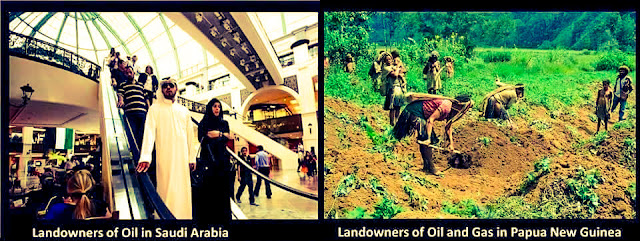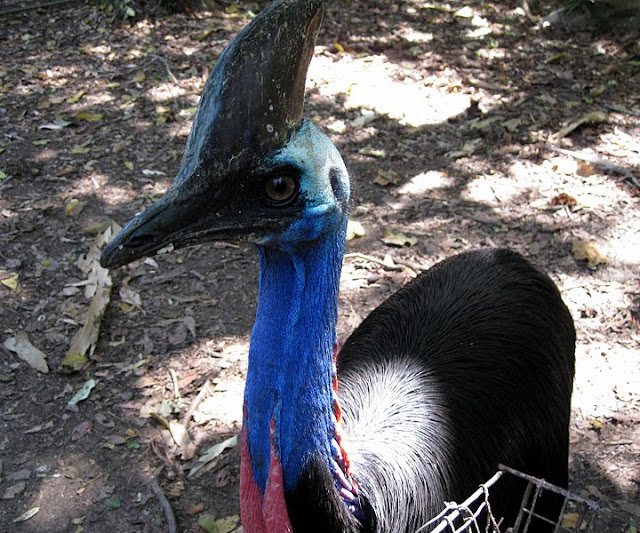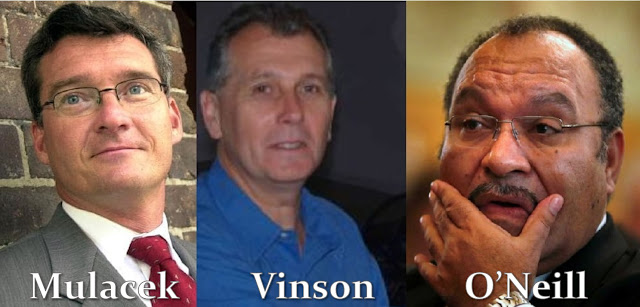LNG DISSENSION GAVE RESOURCE OWNERS RAW DEAL

by PETER KENGEMAR I have lived and worked amongst the Tari's for 7 golden years. They are the most caring and sharing people on this earth. But 3 calamities befall them and we all regret at some point and feel sorry at some point and am angry at some point in what has happened to them in recent times. Our hearts go out to the innocent women and children. Calamity 1. They never ever got a good deal in the Oil project and continued to live nomadic lifestyle until LNG project and they got shut down as if they don't own the gas resources in the ground. Nothing we do today will fix the problems the Tari's face into the future until we have PNG Parliament grows the balls to review the project's agreements in favor of our resource owners and the country. Calamity 2. Mother nature decided it was D-day to strike the heartland of Hela and SHP with 7.5 magnitude earthquake in the middle of Tari country. Catastrophic events unfolded with the complete destructio





